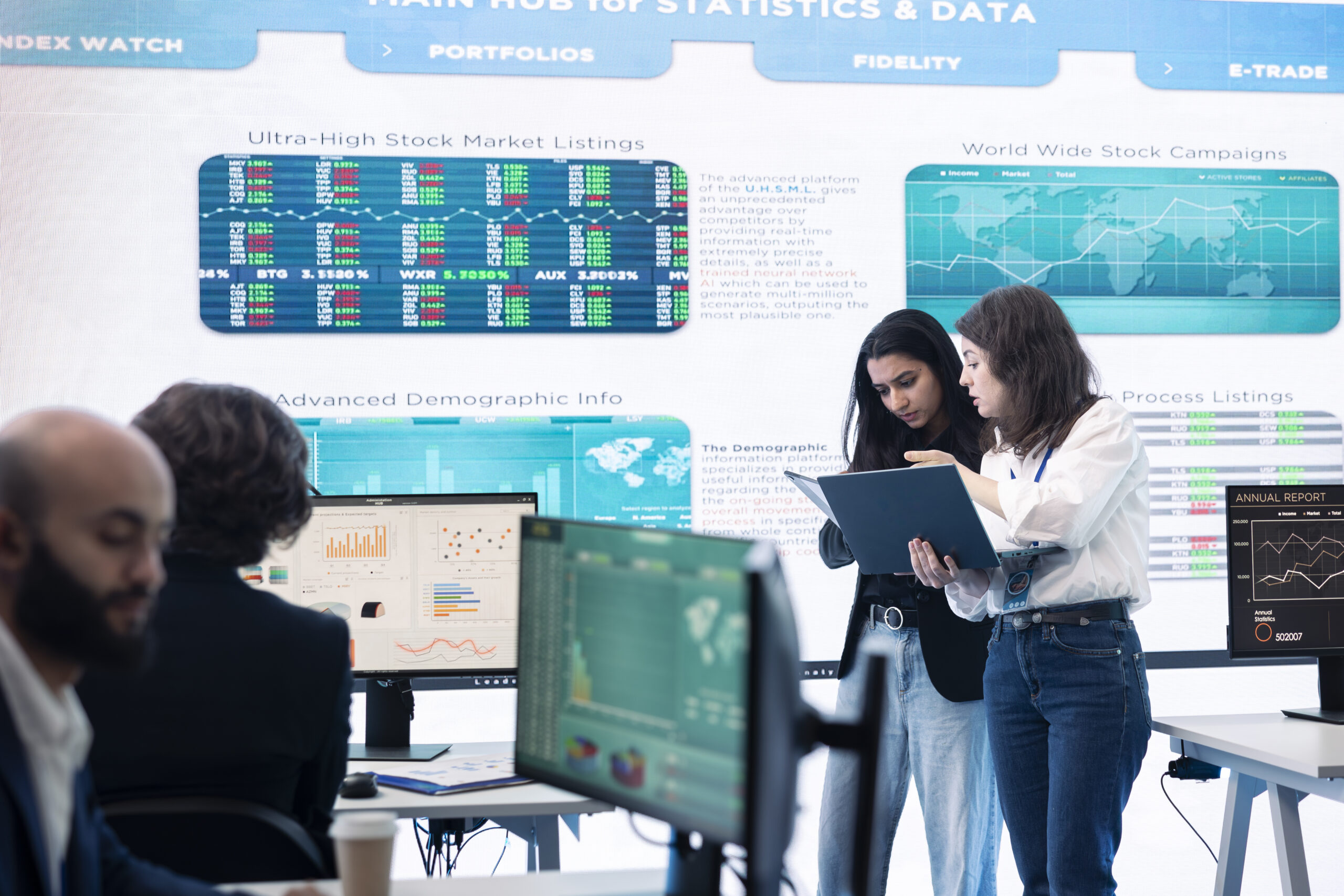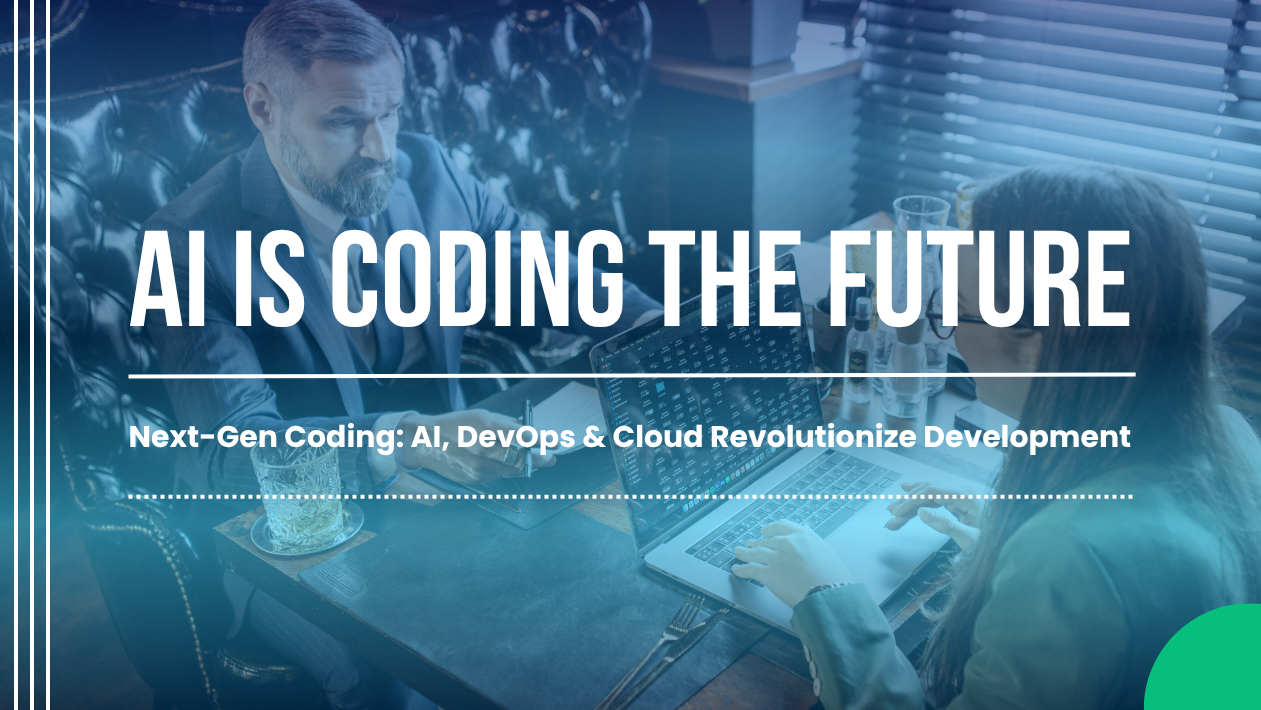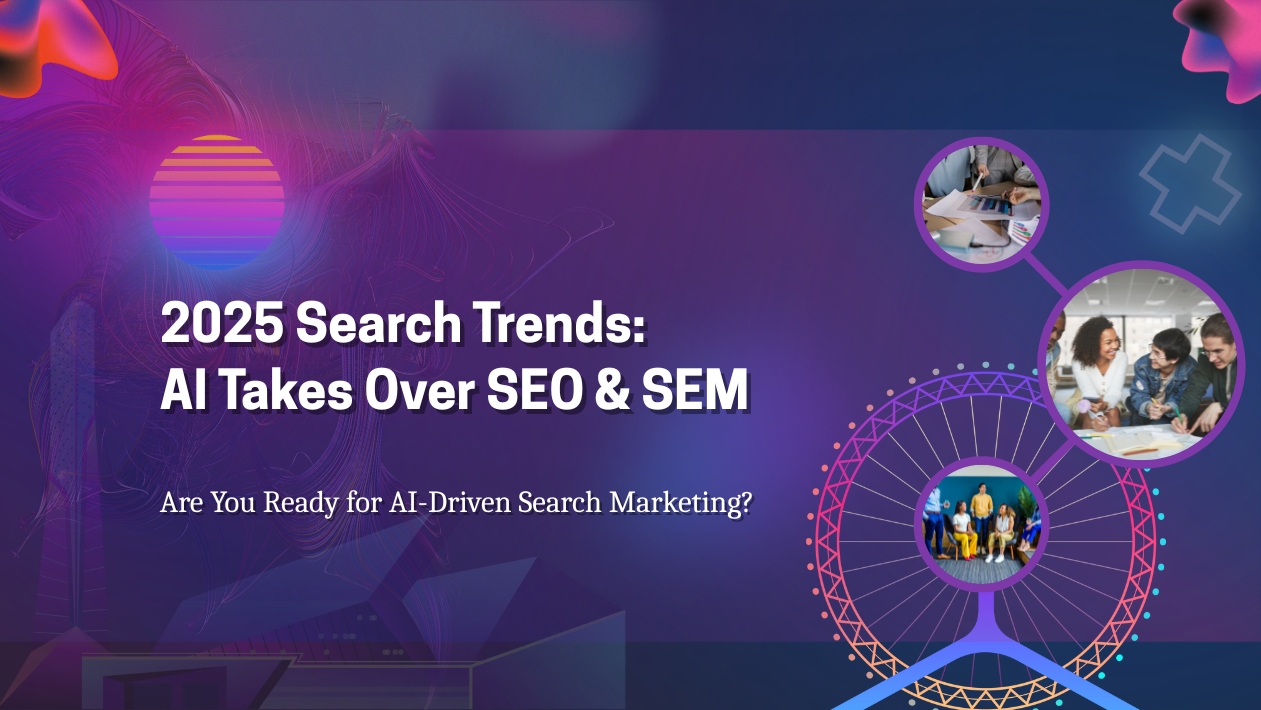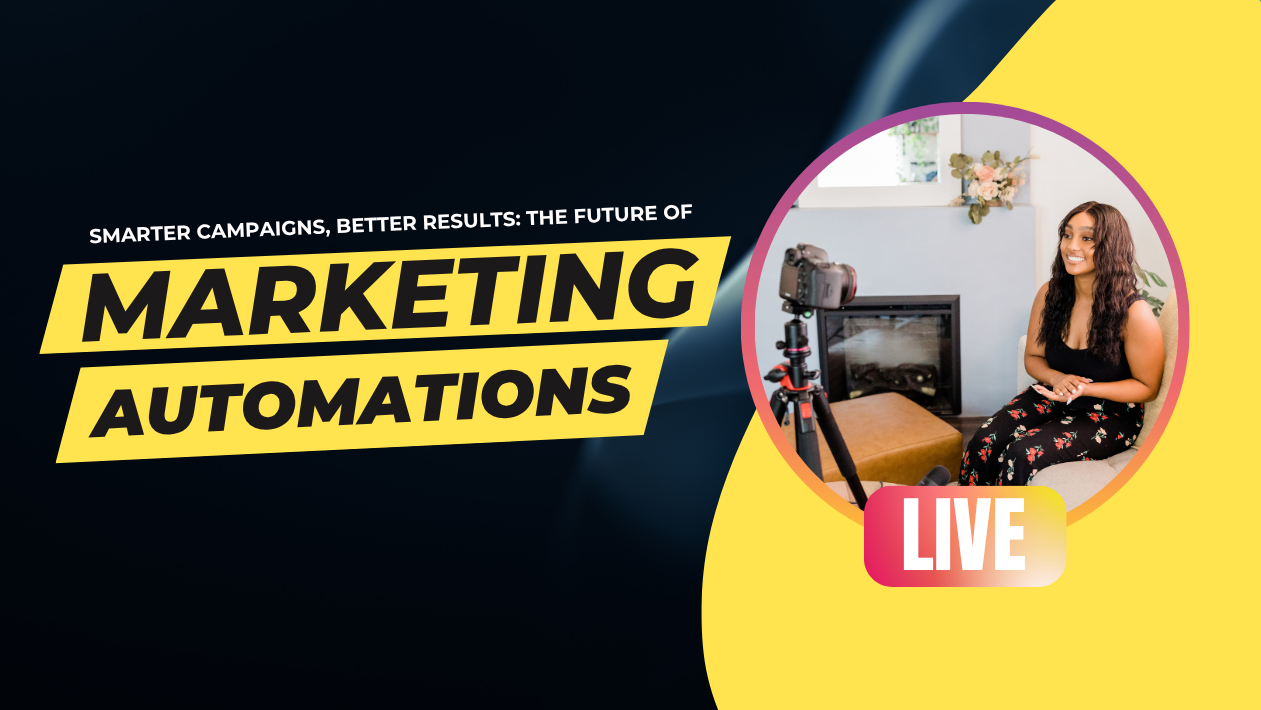Data is now every organization’s most valuable asset, and in 2025 the field of Data & Analytics is transforming how businesses make decisions, deliver services, and stay competitive. With AI-powered analytics, real-time processing, and privacy-first architectures, companies are moving from hindsight reporting to predictive and prescriptive intelligence.
Real-Time Analytics Becomes Mission Critical
Enterprises across finance, healthcare, retail, and logistics are deploying streaming data platforms that process millions of transactions per second. This shift enables instant decision-making—whether it’s detecting fraud in a bank transfer, optimizing a delivery route, or adjusting e-commerce pricing on the fly.
Platforms like Apache Kafka, Databricks Delta Live Tables, and Snowflake’s Unistore are leading the charge, allowing analytics to run as close to the data source as possible.
AI and Machine Learning Automate Insight Generation
Advanced machine learning models now analyze, predict, and recommend without human intervention. From automated customer segmentation to predictive maintenance in manufacturing, augmented analytics tools such as Tableau GPT and Power BI Copilot empower teams to move from dashboards to actionable guidance in seconds.
Data Fabric and Data Mesh Architectures Gain Momentum
Organizations struggling with siloed data are adopting data fabric and data mesh strategies to unify information across hybrid cloud environments. These architectures simplify governance, ensure single-source-of-truth reliability, and make analytics scalable across departments and geographies.
Privacy and Compliance Take Center Stage
With global regulations tightening—such as GDPR 2.0 in Europe and new U.S. federal data privacy laws—companies are prioritizing privacy-by-design. Techniques like federated learning, differential privacy, and synthetic data generation are helping organizations protect customer information while still extracting meaningful insights.
Data Democratization Empowers Every Employee
Self-service analytics is becoming standard. Low-code and no-code tools allow non-technical staff to query datasets, visualize trends, and build predictive models. This democratization of data reduces reliance on specialized data science teams and accelerates decision-making company-wide.
Industry Applications Expand
- Healthcare: Real-time patient monitoring and predictive diagnostics
- Retail: Hyper-personalized marketing and dynamic inventory control
- Banking & Finance: Instant fraud detection and credit scoring
- Transportation: Traffic optimization and predictive fleet maintenance
Each sector is leveraging analytics to gain competitive advantage and improve customer experience.
The Road Ahead: Predictive, Prescriptive, and Generative
Experts forecast that by 2030, generative analytics—AI systems that not only analyze but create new data models and scenarios—will redefine strategic planning. Businesses will move from asking “what happened?” to “what’s next, and how should we respond?”





